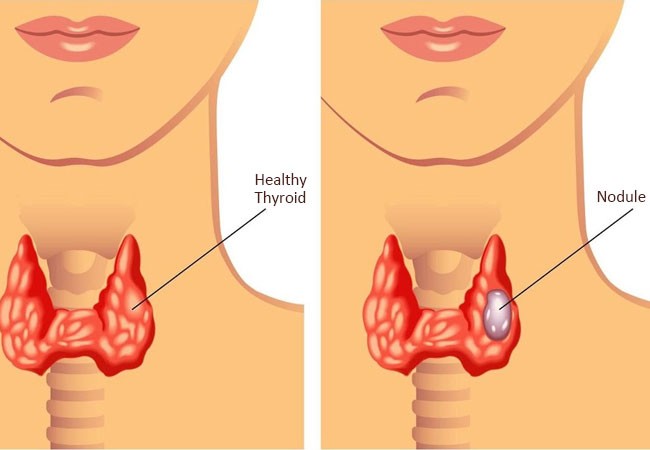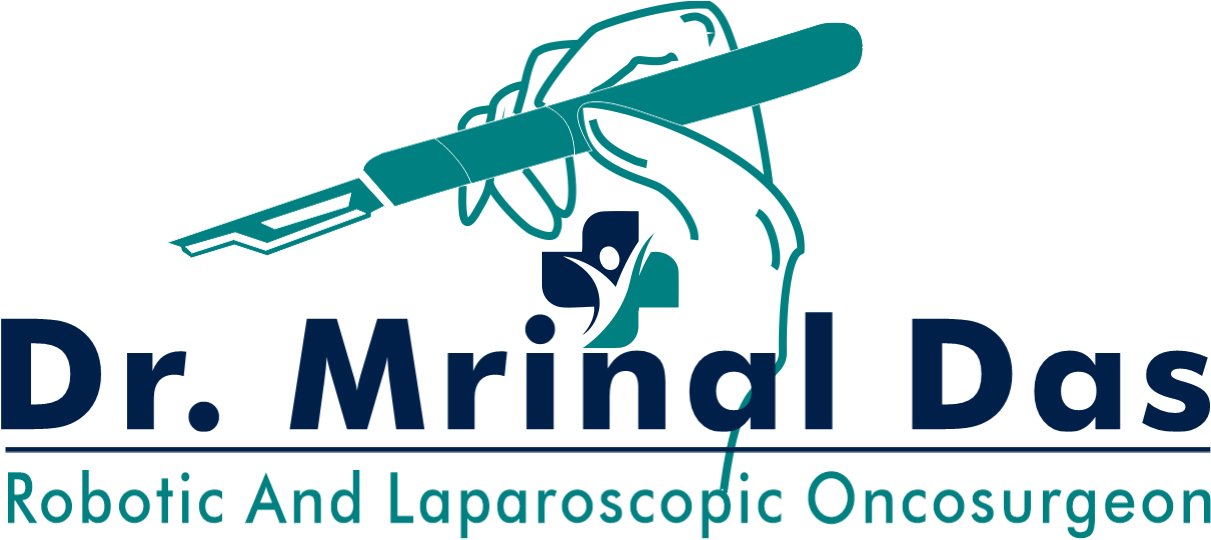
Have you noticed a lump in your neck or been told you have a thyroid nodule during a routine check-up? You’re not alone. Thyroid nodules are fairly common, especially among women and older adults. While most are harmless, a small percentage can be a sign of something more serious—like thyroid cancer. Understanding the causes, risks, and when to seek medical help is key to managing your thyroid health.
🔍 What Are Thyroid Nodules?
Thyroid nodules are abnormal lumps or growths that form within the thyroid gland, located in the front of your neck. They can be solid or filled with fluid (cystic), single or multiple, and may vary in size.
Most people with thyroid nodules have no symptoms and discover them during a neck exam or imaging done for other reasons.
🧬 What Causes Thyroid Nodules?
There are several possible causes, including:
- Iodine deficiency (rare in countries with iodized salt)
- Benign growths like thyroid adenomas
- Thyroid cysts
- Chronic thyroid inflammation (e.g., Hashimoto’s thyroiditis)
- Multinodular goiter
- Thyroid cancer (in a small percentage of cases)
Risk factors for thyroid tumors include family history of thyroid disease, exposure to radiation (especially in childhood), and being female.
⚠️ Cancer Risk: Should You Be Concerned?
The good news is that over 90% of thyroid nodules are non-cancerous. However, certain signs may raise concern:
- Hard, fixed lump that grows quickly
- Persistent hoarseness or voice changes
- Difficulty swallowing or breathing
- Swollen lymph nodes in the neck
- Family history of thyroid cancer
A biopsy (FNAC) is often needed to determine whether a nodule is cancerous.
🩺 Diagnosis and Treatment Options
Your doctor may recommend:
- Thyroid function tests (TSH, T3, T4)
- Neck ultrasound to check size and structure
- Fine-needle aspiration biopsy to test for cancer
- Thyroid scan for evaluating “hot” (overactive) vs. “cold” (non-functioning) nodules
Treatment depends on the diagnosis:
- Watchful waiting for small, benign nodules
- Medication if hormone levels are abnormal
- Surgery for cancerous or symptomatic nodules
- Radioactive iodine therapy in some cancer types
⏰ When to Call a Doctor
See your doctor if you notice:
- A new or enlarging neck lump
- Trouble swallowing or breathing
- Unexplained hoarseness
- Persistent throat discomfort
- Any other symptoms that concern you
Early evaluation can help avoid complications and provide peace of mind.
❓ Frequently Asked Questions
Are thyroid nodules always cancerous?
No. Most are benign and may not require treatment.
Do thyroid nodules cause symptoms?
Many don’t. But larger ones may cause visible swelling or pressure symptoms.
Can thyroid nodules go away?
Some may shrink on their own, especially if they’re cystic, but regular monitoring is key.
Is thyroid cancer curable?
Yes, especially when diagnosed early. The most common types (papillary and follicular) have high survival rates.
✅ Final Thoughts
While the discovery of a thyroid nodule can be unsettling, most cases are not dangerous. However, monitoring is essential to rule out thyroid cancer or other complications. If you notice a lump in your neck or have concerns about your thyroid health, don’t wait—early diagnosis saves lives.
